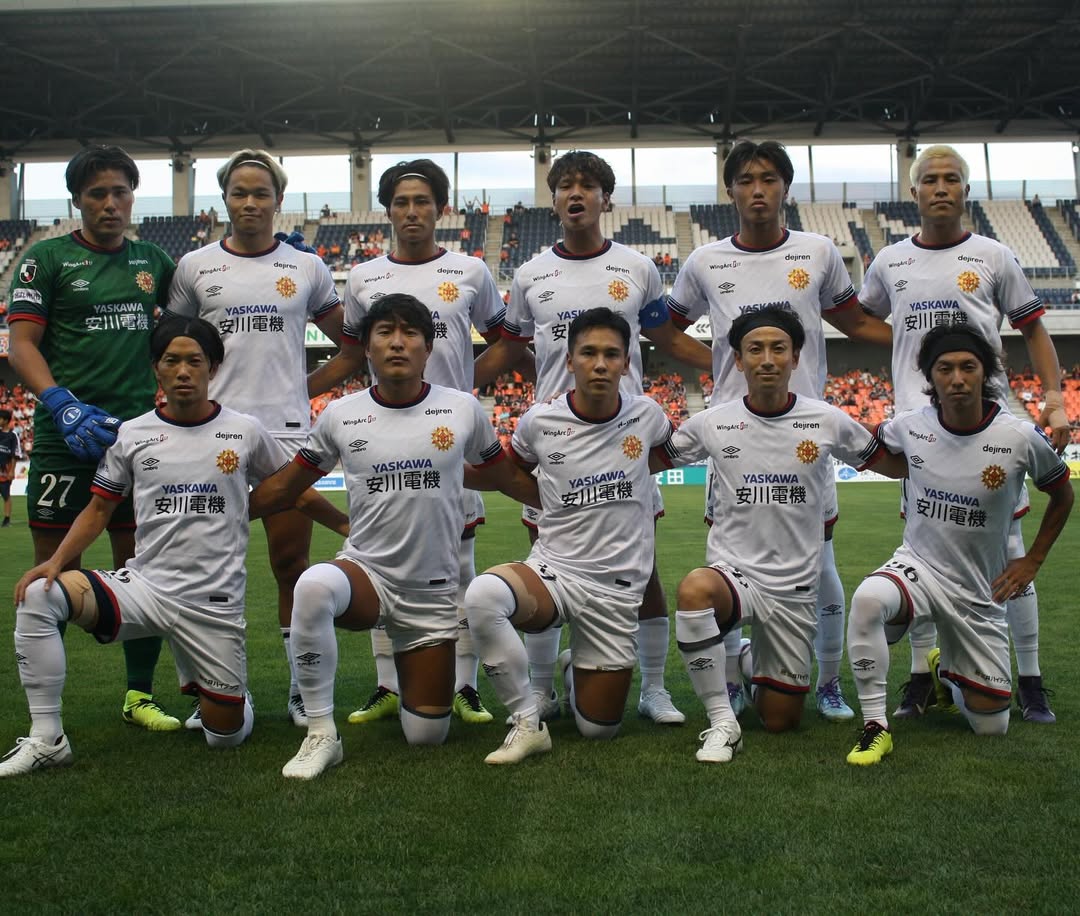When a footballer experiences a serious injury, what follows is a long period of healing, physical therapy and more or less immobility. For someone who's trained to always be moving, always be pushing forward, a period of injury can often be something to fear.
What happens during both shorter and longer periods of injury is crucial for how you're going to get back in the game!
Injury and isolation
"[...] you see athletes, and this can happen quite a lot, where physically they recover but they are a shadow of their former self. They don't push themselves as hard anymore or they don't try new things anymore because they are constantly thinking about what might happen if they get injured again. Those fears aren't helping them," Matt Shaw, performance psychologist, quoted in interview with SkySports, 2020
The fear of being injured, the fear of pain, and in turn the fear of missing out, is crippling for further development. When you trade "hunger" for "fear", your development becomes stagnant.
It can be extremely challenging to maintain motivation and the correct mentality during an injury period. To deal with these kinds of situations the key is to continue to challenge yourself.
Try new things!
Change up your routine! Set yourself new goals each day. Take inspiration from others who have gone through the same thing. Pro-footballer Håvard Nielsen explains that it was a longer period of injury and off-and-on play that eventually led him to change his entire training regiment - for the better!
And seek to challenge the one thing that can stand in the way of bouncing back - your mind! The body will mostly heal on its own, it may take time, but in the end you'll get there. What doesn't heal on its own is your mind - your ability to process information at a match pace, your drive and your strategic thinking.
These are all elements that need constant work, and without your usual team training and matches, it can be hard to stay mentally fit.
Keep your head in the game, when your body can't be
Even though injury prevents you from taking part in team activities, it doesn't mean that you cannot achieve the same level of mental challenge through other means.
The Be Your Best Trainer is a perfect supplement to your existing routines, but it can also be a lifeline during a period of injury! Train on staying cognitively match ready, and improve your perception and decision making for when you get back on the pitch.
With no physical load, you can stay mentally sharp during your rehabilitation period without risk of worsening injuries. The Be Your Best tool will help you get reintegrated with the group without any mental or physical lag.
Don't separate your player development into "before and afters". Be the best you that you can be TODAY!





